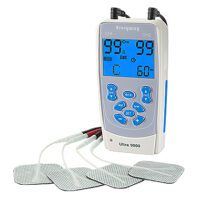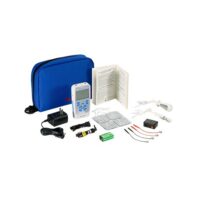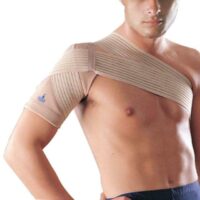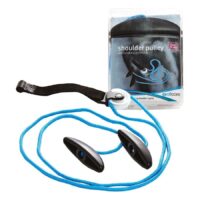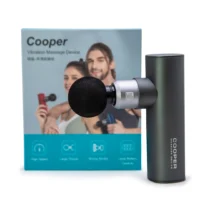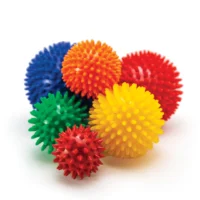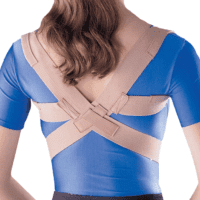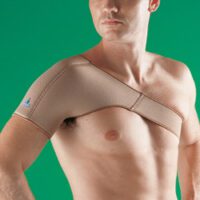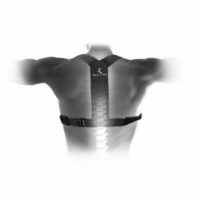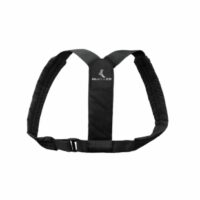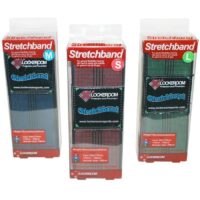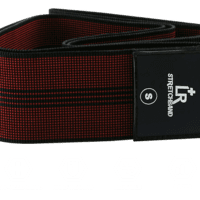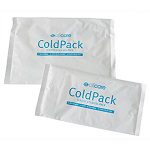Can a Cortisone Injection Aid a Torn Rotator Cuff?
What is Your Rotator Cuff?
Your rotator cuff, a vital component of your shoulder, consists of four muscles and tendons. This complex enables arm movement in various directions and stabilises the shoulder by securing the humerus head in the glenoid socket.
Tackling Rotator Cuff Tears
Rotator cuff tears, occurring either suddenly or over time, lead to shoulder pain and impaired function. Research consistently endorses physiotherapy and exercise rehabilitation as primary, effective treatments for these injuries.

The Role of Cortisone Injections
When conventional treatments like physiotherapy, medication and rest don’t alleviate pain from a rotator cuff injury, your healthcare team, including your physiotherapist or doctor, may suggest a cortisone injection. This treatment, combining hydrocortisone and a local anaesthetic, aims to lessen inflammation and pain. It’s crucial to identify the injection’s target: is it a shoulder bursa or the tendon?
Weighing the Benefits and Risks of Cortisone Injections
While effective in treating conditions like shoulder bursitis, cortisone injections also pose risks. Research indicates that repeated injections, particularly in or near tendons, may weaken the tendons and impair tissue repair. This risk could even heighten the likelihood of future tendon tears.
Steroid Injections and Rotator Cuff Tendon Tears
Lin et at 2022 studied 1025 patients and found a positive correlation between steroid injections and cuff tendon tears. Steroid injections on the shoulder were associated with a raised risk of cuff tendon tears by 7.44 times compared to non-injection.
Consequently, healthcare professionals typically recommend at least 4-6 weeks of rehabilitation prior to considering injections. Tendon injections are highly discouraged, while injecting an inflamed bursa under ultrasound guidance may provide quick pain relief without compromising tendon integrity. (ElMeligie et al 2023)
Post-Injection Rehabilitation: Enhancing Recovery
Following a cortisone injection, many patients experience significant improvements in shoulder pain and function. These benefits are often maximised when combined with a tailored exercise rehabilitation program.
The Initial Rest Period
After receiving a cortisone injection, it’s advisable for patients to rest for approximately one week. This rest period is crucial to allow the injection site to heal and for the cortisone to take full effect before beginning rehabilitation exercises.
Recent Research Insights
Emerging studies emphasise the significance of structured rehabilitation post-cortisone injection, enhancing shoulder function and pain management. These findings highlight the essential role of physiotherapists in creating and overseeing these rehabilitation programs.
Addressing the Underlying Cause
A key aspect often overlooked in rehabilitation is identifying and addressing the root cause of the injury. For instance, if a rotator cuff tear or bursitis was triggered by shoulder impingement, it’s vital to correct the movement patterns that led to this issue. Simply treating the symptoms without understanding the cause may lead to recurrent problems.
The Role of Physiotherapy in Shoulder Biomechanics
Knowledge in shoulder movement biomechanics is a cornerstone of physiotherapy. A skilled shoulder physiotherapist can not only assess but also correct improper shoulder movements. Seeking their advice is critical in preventing recurring instances of shoulder bursitis or more severe injuries like rotator cuff tears.
Consultation and Ongoing Care
We strongly recommend consulting with a physiotherapist for a comprehensive assessment and a customised rehabilitation plan. Their guidance will be instrumental in ensuring a full and sustainable recovery, preventing future complications related to shoulder injuries.
Conclusion: Finding the Right Balance
Cortisone injections can offer substantial relief for those with shoulder bursitis and rotator cuff injuries, particularly when physiotherapy and exercise rehab alone don’t suffice. However, it’s imperative to consider both the benefits and risks, particularly regarding tendon health.
Seeking Professional Advice
If you’re struggling with shoulder pain or suspect a rotator cuff injury, consult a qualified physiotherapist or your doctor. They can accurately diagnose your condition and suggest the most suitable treatment plan, possibly including a cortisone injection and follow-up rehab. For professional guidance and care, contact our team at PhysioWorks.
More info:






